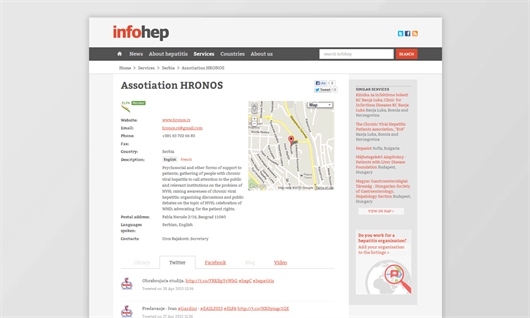New direct-acting antivirals used in the treatment of hepatitis C can interact with a wide range of other prescribed drugs. These interactions happen because the direct-acting antivirals are processed by a pathway in the liver used to process many others drugs. This can result in large increases or decreases in the levels of other medicines, and may also result in declines in the blood levels of direct-acting antivirals.
Two studies published in the past month show the importance of expert monitoring of all the medications being used by a person taking direct-acting antivirals.
Canadian investigators reviewed the risk of psychiatric side-effects, such as depression and anxiety, during treatment with direct-acting antivirals. They concluded that although the protease inhibitors telaprevir (Incivek or Incivo) and boceprevir (Victrelis) did not increase this risk, they did pose a serious risk of undermining the activity of a wide range of medicines prescribed for psychiatric conditions.
During hepatitis C treatment any medications being taken for treatment of depression or anxiety, as well as antipsychotics and anticonvulsants, need to be reviewed carefully to ensure that drugs levels will not be seriously reduced by hepatitis C drugs.
Another study looked at people taking telaprevir or boceprevir at one hospital in the United States. It found that people taking numerous other prescription drugs and over-the-counter supplements alongside hepatitis C treatment were less likely to achieve a rapid virologic response (RVR) to treatment. Those who failed to achieve RVR were taking an average of nine other medications alongside their hepatitis C treatment. To prevent negative drug interactions, it is essential that a pharmacist or physician experienced in hepatitis C treatment conducts a thorough check of all medicines and pills being taken by the patient during hepatitis C treatment.



Connect with infohep on Facebook: Keep up to date with all the latest news and developments.
Follow infohep on Twitter for links to news stories and updates from infohep.org. Follow us at www.twitter.com/infohep.
Follow all the infohep news by subscribing to our RSS feeds.